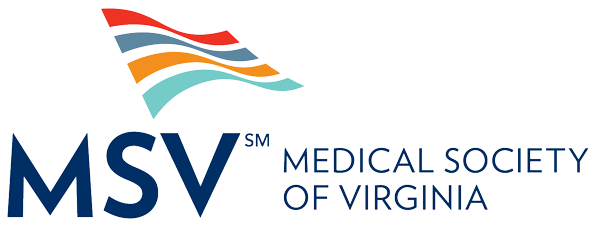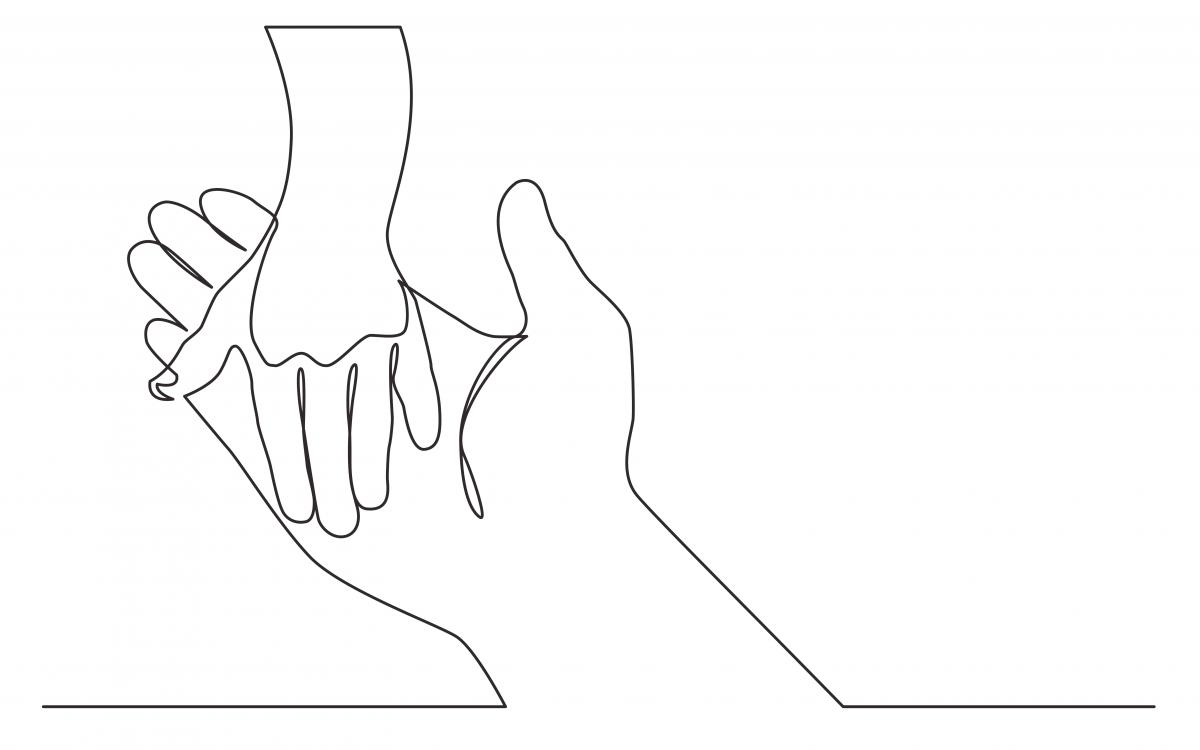By Kate Masters – September 21, 2020
Article via Virginia Mercury
One of Virginia’s largest insurance companies is lowering reimbursement rates for nurse practitioners and physician assistants amid the COVID-19 pandemic — a move that many doctors say will hurt already struggling primary care practices.
Clark Barrineau, assistant vice president of government affairs for the Medical Society of Virginia, said the group began receiving calls from doctors around the state after they noticed a 15 to 20 percent reduction in the repayment rates that Anthem was offering for nurse practitioners and physician assistants under their supervision.
Previously, the insurance company offered 100 percent reimbursement for the providers — the same rate it pays physicians. But with the reduction, Barrineau said a nurse practitioner or physician assistant who billed $100 worth of services would only receive back around $80 to $85, leading to a significant cut in revenue.
“Our folks are obviously taken aback,” Barrineau said. “This has a workforce impact. You’re forcing people to make staffing decisions because they hired people assuming they would be reimbursed at a certain rate for their work.”
The change also affects nurse practitioners and physician assistants with independent practices. But Virginia offers less autonomy to those providers than many other states, which means that most work under the supervision of a doctor. While nurse practitioners, for example, can open an independent practice after five years of full-time clinical experience, only 782 have registered for licenses in Virginia out of the roughly 8,000 nurses who qualify to work autonomously.
Many of those providers work in primary care settings — including with family doctors, pediatricians, and OB-GYNs — which are also some of the practices most vulnerable to changes in revenue, said Dr. Cynthia Romero, director of the M. Foscue Brock Institute for Community and Global Health at Eastern Virginia Medical School.
“The biggest expense for any small business is personnel,” she added. “And in this case, if the payments for services from nurse practitioners and physician assistants are reduced, I anticipate some of the biggest decisions these practices are going to have to make is who on staff they’re going to have to let go.”
Even before the pandemic, many primary care providers were operating on tighter margins, partially driven by a decline in patient volume. One study found that primary care visits declined between 6 and 25 percent across a range of populations between 2008 and 2016.
But there’s evidence that COVID-19 intensified the problem. A recent Harvard study found that outpatient visits dropped by nearly 60 percent at the end of March. In April, Virginia reported a nearly 50 percent decline in child vaccination rates, largely driven by fears of transmission and confusion over the governor’s stay-at-home order.
There’s been a rebound over the summer, but pediatric practices, especially, are still only seeing 80 to 85 percent of their normal patient volume before the pandemic, according to Dr. Sandy Chung, a Northern Virginia-based pediatrician and president of the state chapter of the American Academy of Pediatrics.
“Really, I think the biggest issue we have is the timing of it,” she added. “We’re at the point where primary care practices went through four to six months of 50 percent revenue, 50 percent decreased volume. So, doing this to us now is the part that’s most painful.”
Anthem said the change in rates had been planned since Virginia changed its laws in 2018 to allow nurse practitioners and physician assistants some degree of independent practice. Spokesman Scott Golden said the company notified providers in March 2019 that they would need to independently contract with the insurance company, which would continue to reimburse them at the same rate as physicians during the transition.
“We remained transparent that we viewed this as a supplemental payment and we would move to different rates for non-physician and physician practitioners,” he added in a Wednesday email. Doug Gray, executive director for the Virginia Association of Health Plans, said it was “disingenuous” for providers to say the change in reimbursement was unexpected, especially after nurse practitioners and physician assistants advocated for the right to practice independently.
“What really happened is that Anthem did the right thing and paid them more over the crisis period,” he added. “These folks wanted independent practice at a different level of licensure. And that’s what they are. They’re not doctors. Nobody guaranteed them 100 percent of what doctors get.”
But Romero disagreed with that framing, especially in the context of primary care, where nurse practitioners and physician assistants have been filling the gaps in a growing provider shortage. And while Gray said that multiple insurance companies already reimbursed the providers at lower rates than doctors, both she and Chung said it was more likely that Anthem would lead the way for other carriers.
“When one of the largest payers makes a decision like this, then others will certainly observe and follow suit,” Romero added. Medical providers can terminate their contracts with insurers, but Chung said that’s virtually unfeasible to do with Anthem, which dominates the Virginia market.
Many doctors and nurse practitioners said the change would have the biggest impact on patients. One late-May survey of primary care providers across the country found that 74 percent of respondents were operating under “severe or near severe stress.” Fifteen percent of those practices had closed either permanently or temporarily. Chung said some offices in her area were operating with reduced hours or had implemented pay cuts to stay afloat.
Olivia Newby, a Norfolk-based nurse practitioner, said there would be an “absolutely devastating” effect on Primary Care Specialists, the independent practice where she works. The cuts would end up reaching the surrounding community, she added — predominantly working-class people of color.
“We were already busy, overwhelmed, short-staffed in trying to accommodate the patients,” Newby said, pointing out that nurse practitioners make up half of the providers on her practice’s four-person medical staff. “That loss of income may mean we can’t afford support staff. Or maybe we put off buying new equipment. It’s that trickle-down effect that impacts the quality of patient care.”
Have you or your practice been affected by this? Reach out to us at [email protected].







